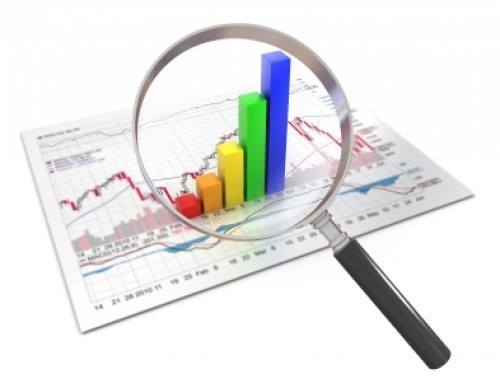
Most investors tend to think that an ETF is the same as an index fund. While an index fund also mirrors returns of a particular index, ETFs have an edge over index funds because of the benefits it provides.
Most investors looking for an exposure to equity would either consider
- Investing directly in the equity market if they possessed the confidence and time, or
- Investing in mutual funds that have an exposure to equity, so that they are relieved of the burden of managing the funds
How about looking at a product that provides benefit of a listed security, (investing directly) and at the same time has advantages of mutual funds product i.e. no hassles of managing your investment. They are known as exchange traded funds (ETFs). This is a product suitable only for investors looking for returns similar to that of a particular index. So investors of index funds, here’s an opportunity to consider a similar product perhaps with greater advantage.
What is an exchange traded fund?
Exchange traded fund is an instrument listed on the stock exchange having characteristics of both a mutual fund and listed security. It is a variant of an index fund i.e. it is a passive fund, the basic difference being ETFs can be traded real time on the stock exchange.
ETF represents a basket of stocks, the proportion of which is similar to that of the index it mirrors. So if the benchmark is Sensex, the portfolio composition of the ETF will be 30 stocks that represent Sensex, in the same proportion as stands in Sensex.
The unit price of an ETF is derived from the index it tracks. It usually is 1/10th or sometimes even 1/100 of the index it mirrors. So if the ETF tracks Nifty and the value of Nifty is 6,000, then one unit of ETF would be 60 if one ETF is 1/100th of Nifty.
ETFs are issued by asset management companies (AMCs). The first one was launched in December 2001, by Benchamark Mutual fund called Nifty BeES (Benchmark exchange traded scheme) based on CNX Nifty Index. Several other AMCs have also issued ETFs.
ETFs vs. Index funds
Most investors tend to think that an ETF is the same as an index fund. While an index fund also mirrors returns of a particular index, ETFs have an edge over index funds because of the benefits it provides.
| Particulars | Index Funds | ETFs |
| Minimum investment | Most index funds require a minimum investment of Rs. 5,000 | ETFs offer low entry ticket to investors who want to invest in equities with a limited sum of money. |
| NAV | Day end | Real time |
| Real time transaction | Index funds can be bought or sold only at the day end NAV. | ETFs are traded on the stock exchange and hence can be bought and sold on a real time basis anytime during trading hours like individual stocks. |
| Intraday trading | Investors are not able to take advantage of intraday market movements because purchase/sale is permitted only at day end NAV | Since real time purchase is possible, investors can take advantage of market movements |
| Costs | The expense ratio is anywhere between 1% and 1.5% | Expense ratio is anywhere between 0.5% and 1% |
| Tracking error | Index funds have to maintain some amount of cash in the portfolio to take care of investor redemptions. This can result in lower returns than the index to which it is benchmarked. | Units bought or sold at the exchange do not result in creation/reduction of units as it’s between a buyer and seller on the exchange. This reduces the need to maintain cash in the fund and hence reduces tracking error. |
| SIP | Automatic. Direct debit to the account every month is possible | Manual process |
Investors looking for a passive investment product in equities backed by an index, have an alternate investment product to index based funds by way of exchange traded funds. It offers trading convenience by allowing you to transact real time, at lower costs than index funds because of lower expense ratio and is also able to mirror the returns of the index it tracks better, because of its sheer structure, giving you better returns than index funds. So, let ETFs form part of the gamut of products available to you for investment.